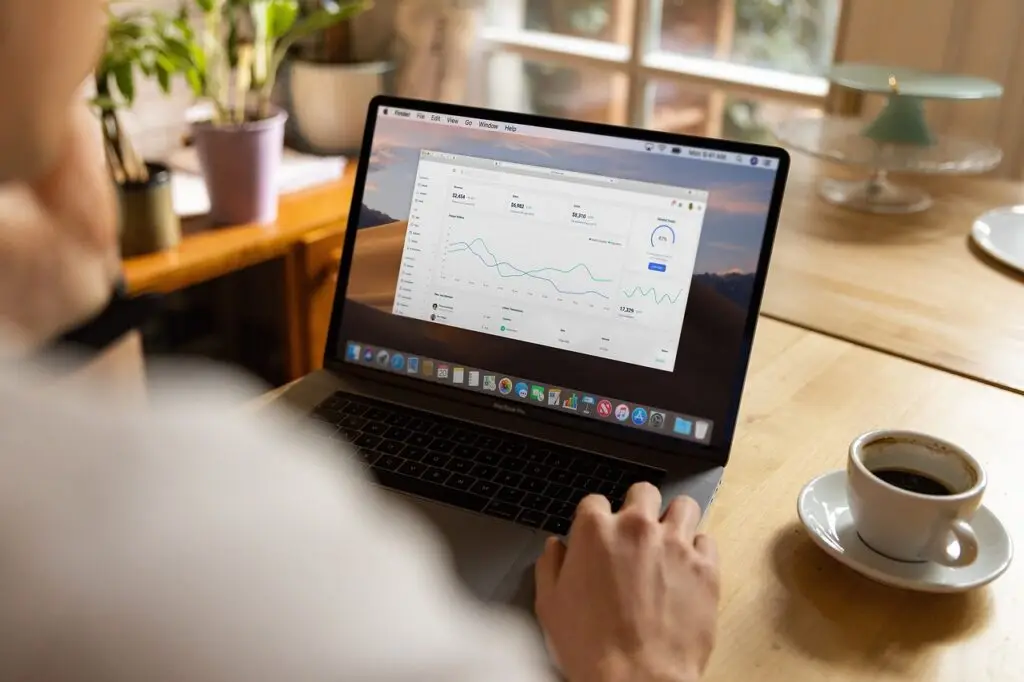Address
304 North Cardinal St.
Dorchester Center, MA 02124
Work Hours
Monday to Friday: 7AM - 7PM
Weekend: 10AM - 5PM
Simplifying Self-Employed Taxes
Monitor Your Business Finances: Effectively track your income and expenses to maintain financial clarity.
Seamless Tax Filing: Our experts prepare and submit your tax returns, ensuring accuracy and compliance.
Resolve Tax Issues Permanently: We address and rectify any tax-related challenges, providing lasting solutions.
Partner with us for a stress-free approach to your self-employed tax responsibilities.

At AJH Accountant, we understand that navigating self-employment taxes can be challenging. Here are some common questions we've received from self-employed individuals like you.
Our team is here to provide clear and concise answers to these and any other tax-related questions you may have. Feel free to reach out for personalized assistance.
As a self-employed person in the UK, you are required to report any untaxed income earned within the tax year (6 April to 5 April) to HM Revenue and Customs (HMRC), regardless of the amount. However, you only start paying Income Tax when your annual profits exceed the Personal Allowance, which is £12,570 for the 2024/25 tax year.
The Income Tax rates for England, Wales, and Northern Ireland are as follows:
Please note that Scotland has different tax bands and rates.
In addition to Income Tax, self-employed individuals must pay National Insurance contributions:
If you have other income sources, such as capital gains, you may be liable for additional taxes. It's advisable to consult with a tax professional to ensure compliance with all tax obligations.
As a freelancer in the UK, it's essential to be aware of the key deadlines for filing and paying your Self Assessment tax:
Filing Deadline: Your online tax return for the tax year (6 April to 5 April) must be submitted by 31 January following the end of that tax year. For example, for the tax year ending 5 April 2024, the submission deadline is 31 January 2025.
Payment Deadlines:
These payments are known as 'payments on account' and are advance payments towards your next tax bill. Each installment typically amounts to half of your previous year's tax liability. GOV.UK
Staying informed about these deadlines helps ensure timely compliance and avoids potential penalties.
As a freelancer in the UK, it's essential to be aware of the key deadlines for filing and paying your Self Assessment tax:
Filing Deadline: Your online tax return for the tax year (6 April to 5 April) must be submitted by 31 January following the end of that tax year. For example, for the tax year ending 5 April 2024, the submission deadline is 31 January 2025.
Payment Deadlines:
These payments are known as 'payments on account' and are advance payments towards your next tax bill. Each installment typically amounts to half of your previous year's tax liability.
Staying informed about these deadlines helps ensure timely compliance and avoids potential penalties.
As a contractor in the UK, your tax responsibilities vary based on your employment structure:
Self-Employed (Sole Trader):
Limited Company Director:
Employee of an Umbrella Company:
It's crucial to understand your specific employment status, as it directly influences your tax obligations and reporting requirements. Consulting with a tax professional can provide personalized guidance tailored to your circumstances.
As a self-employed delivery driver in the UK, you can deduct certain business-related expenses from your taxable income. These allowable expenses include:
Vehicle Expenses: Costs such as fuel, repairs and servicing, road tax, MOT fees, insurance (including courier insurance), and breakdown cover.
Travel Expenses: Parking fees and toll charges incurred during business operations.
Communication Costs: Business-related mobile phone charges.
Equipment and Supplies: Items like delivery bags, thermal containers, and protective gear used exclusively for work.
Office Expenses: Stationery and other office supplies necessary for managing your business.GOV.UK
Training Costs: Expenses for courses related to your business, such as refresher driving courses.GOV.UK
It's important to note that if you use your vehicle for both personal and business purposes, you must apportion the expenses accordingly. For example, if 80% of your vehicle use is for business, you can claim 80% of the total vehicle expenses.
Alternatively, you can use the simplified expenses method, claiming a flat rate per business mile:
Ensure you maintain accurate records and receipts for all expenses claimed. Consulting with a tax professional can provide personalized guidance tailored to your specific circumstances.
As a self-employed individual in the UK, you are responsible for:
To fulfill these obligations, you must:
If you have additional income streams, such as:
These may be subject to additional taxes. It's essential to report all sources of income to HMRC to ensure compliance and avoid penalties.
For detailed guidance, refer to the Self Assessment section on GOV.UK.
At AJH Accountant, we offer expert tax advice tailored to your unique circumstances:
Comprehensive Tax Analysis: Gain a clear understanding of your tax situation with guidance from our accredited accountants.
Confidential One-on-One Consultation: Engage in a private session via phone or video call, ensuring your concerns are addressed directly.
Detailed Follow-Up Summary: Receive a written summary of the consultation, outlining key points and actionable steps.
Our all-inclusive service is designed to simplify complex tax matters, providing clarity and peace of mind.

Guiding newcomers through the tax filing process with ease.
Offering personalized financial management and tax planning.
Ensuring compliance and optimizing tax positions.
Assisting with property, forex, crypto, and other investment-related tax matters.
Assisting with property, forex, crypto, and other investment-related tax matters.
Providing strategic tax planning to maximize savings.
Navigating rental income and associated tax obligations.
Simplifying tax processes for gig economy workers.
Have questions or ready to take the next step in managing your finances? Our team is here to assist you. Whether you’re seeking personalized financial strategies, tax optimization, or dedicated support, we’re committed to providing solutions tailored to your needs.
